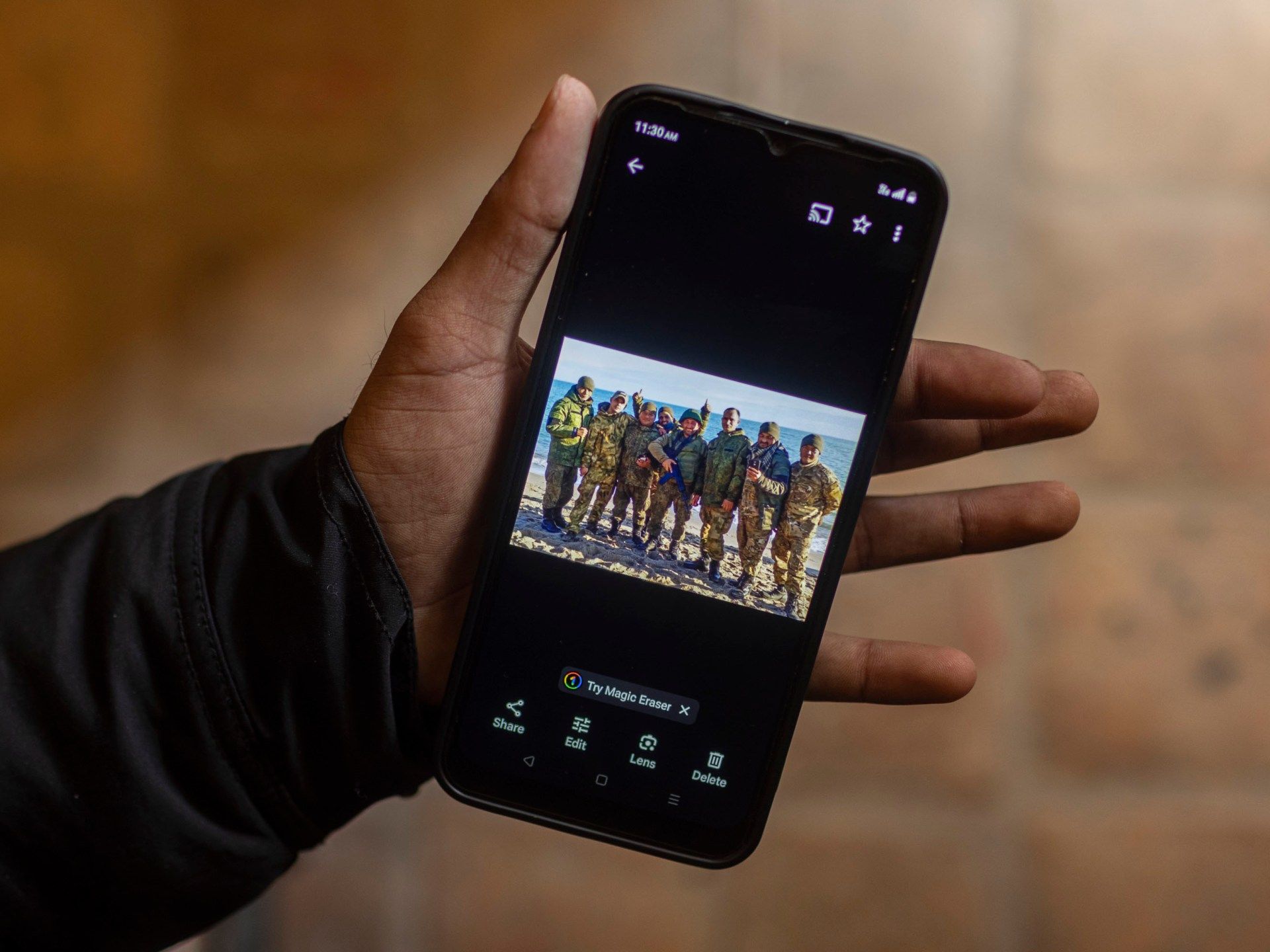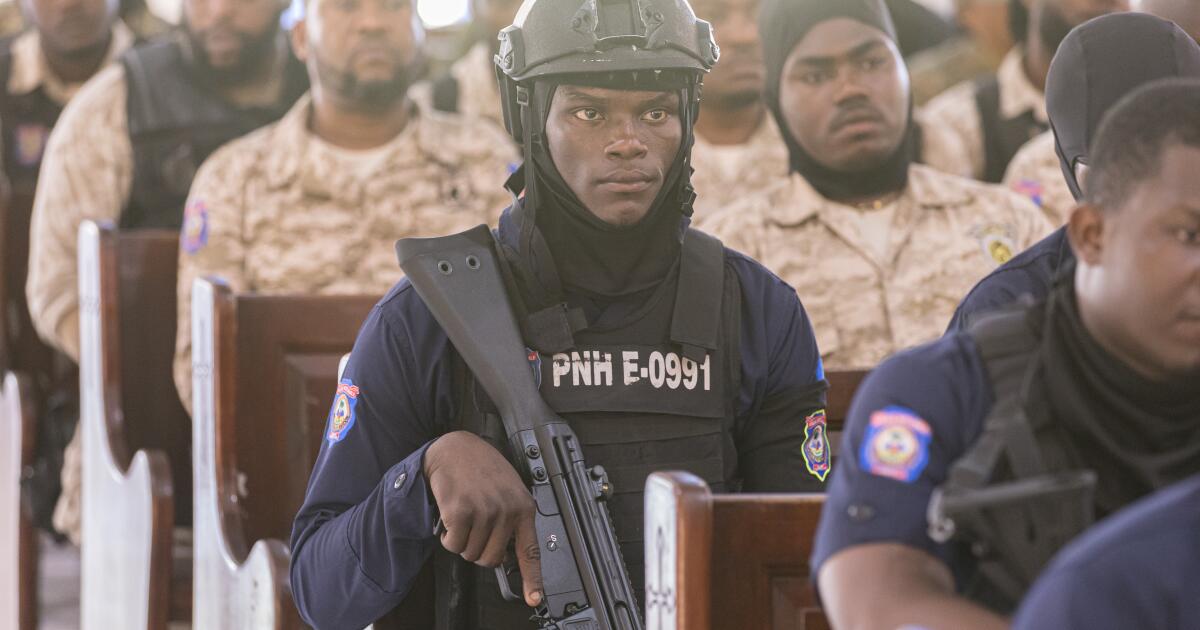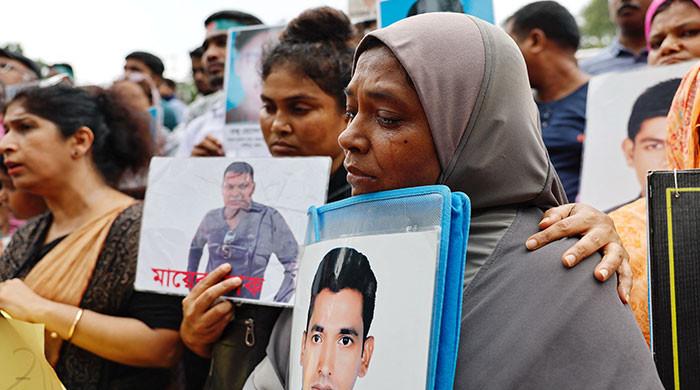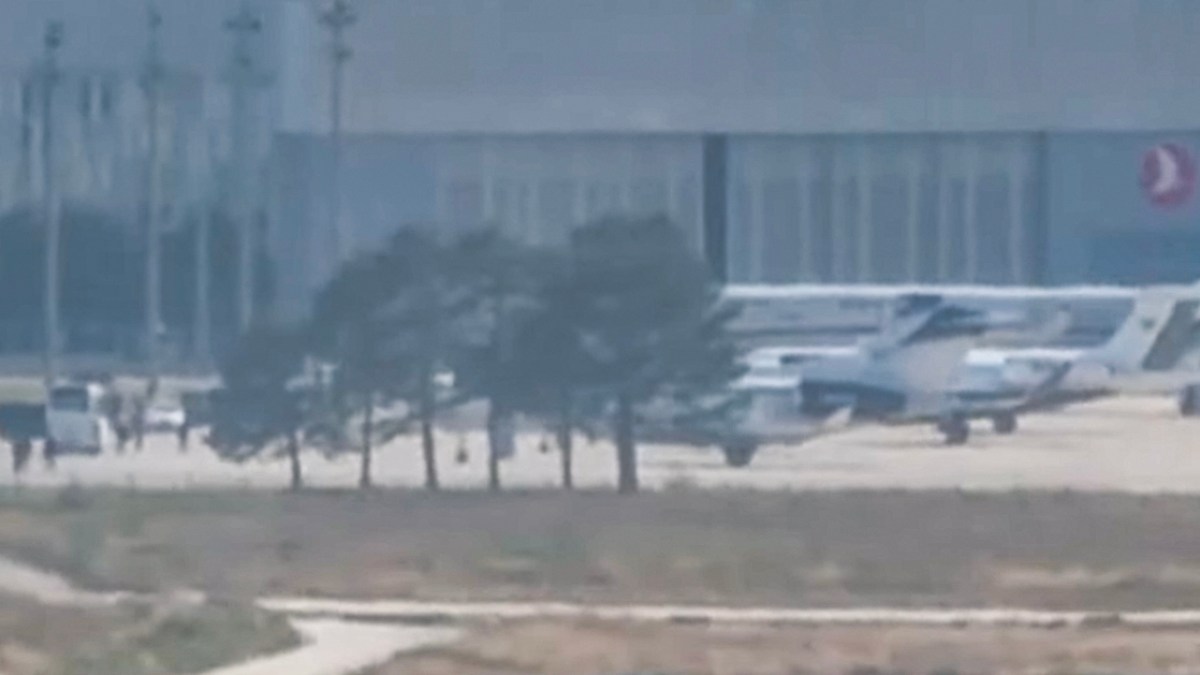From time to time we read about Russia's attempts to recruit poor people as mercenaries in its imperialist war against Ukraine. These efforts have spread to all continents: from Latin America to Africa and Asia. If you know anyone who is considering that option, please tell them not to do it.
We, as Ukrainians, fight for our homes and families. It's a pretty obvious choice for us, having been attacked by an imperial force that ruled us for many years in the past. We, the Ukrainian people, consider our struggle to be anti-imperialist.
Personally, I feel more solidarity with the people of the Global South than with anyone else. So I plead with everyone here in the hope that you will understand that Russia is just another imperial force. Although it is not “their” empire, it is not the one that victimizes them, it is still an empire.
Joining an imperial war means participating in the oppression of another people; It's not worth risking your life, even for the promise of money.
For me, it is sad to see the poor being recruited or forced to fight for an empire. I have seen some of them while serving in the Ukrainian army. The story of one of them has stayed with me.
I met Bibek on the front lines in eastern Ukraine. He was a Nepalese man who was fighting in the Russian army and had been captured by Ukrainian forces. Our unit was ordered to take him into custody before he was transferred to prison.
Bibek stayed with us a little longer than expected, as our commanders had to decide where to transfer him.
There is a clear procedure for Russian prisoners of war (POW). They are sent to camps in the rear, where they await an exchange of prisoners of war between Ukraine and the Russian occupier.
There is a different procedure for Ukrainian citizens from the occupied territories who have been mobilized in the Russian army. When they are captured, they face trial in court, where they have legal defense. The court has to determine whether they were forced to collaborate or whether they committed treason voluntarily.
But the procedure for prisoners of war from third countries was not so clear, at least at first. Bibek was our first such case, so our officers had to make some calls to determine which authority to transfer him to.
Our captive was a tall, handsome young man with beautiful dark eyes. If I remember correctly, I was the one who unleashed him. I felt sorry for Bibek and he felt my pity for him. He spoke a little English, so we were able to communicate. “Shall I go home now?” was the first thing he asked me.
I almost wanted to cry. I was so naive. The pleading eyes, the timid voice. It seemed that Bibek did not even realize that Ukrainian and international law considered him a mercenary. Now that he had been captured and was no longer a combatant, he could simply return home, Bibek seemed to believe. Or maybe that's what he wanted to believe.
Bibek was far from the stereotypical image of the “mercenary soldier.” He was a shy and kind kid, that's what he was. During his main interrogation, he honestly told us his name, rank, unit, circumstances, etc. He said he came to Ukraine along with the Russian army because he needed money to help his mother. He was an only child, he said. And his mother was poor and sick, he said.
I translated his answers for the officer interrogating him. I also spoke a lot with him privately during his stay with us. As well as some food and water, I also gave him my own paracetamol tablets and antibiotics, hoping they would help with the wound on his left thigh. I bought him cigarettes, although that wasn't really allowed.
Bibek told me that he came to Russia on a student visa with the intention of doing undocumented work to help his mother. He worked as a packer in a small factory and was paid in cash. One day, another Nepalese recruiter offered him a job “as a cook” for “the Ministry of Defense” in Moscow for a salary ten times higher than what he earned in the factory. He accepted the job.
However, instead of going to Moscow, Bibek was quickly transferred to Donetsk, in the occupied part of Ukraine, where he was trained as a stormtrooper. After only a week, he was sent to attack Ukrainian positions.
Bibek said that in his first battle he got trapped because he got lost and also lost his team in the smoke, roar and panic. There were other Nepalis in his unit, but he did not know what had happened to them.
What puzzled me most was that I couldn't feel any animosity toward Bibek, at all. Although, technically, he had come to my homeland to kill me, for money, I couldn't see him as a “mercenary.” I saw a wayward young man about the age my son could be. He and I could be friends under different circumstances, I thought.
There was another Ukrainian soldier, a devout Catholic, who was also “too compassionate toward the enemy,” as some of the others in our unit thought. Our fellow soldiers made fun of both of us, the Catholic boy and I, for this. So, I called the Catholic and myself, ironically and also defensively, “the Mother Teresa squad.”
I don't really know what happened to Bibek after the authorities came to our unit and took him away. However, then I saw a video of him online. They were images of judicial interrogations in which he and some other mercenaries appeared.
Only after meeting Bibek did I learn that Russia attracts and mistreats thousands of people like him from different countries. These are mostly people from Asia and Africa and mostly from among the very poor. Sometimes these are undocumented workers in Russia threatened with deportation. They are promised “jobs” in logistics, hospitals or cooking, as was the case with Bibek, before being sent to the front to be used as cannon fodder.
Many die. Some are “lucky” and captured alive, but face the prospect of years in prison.
All of this is painful to watch.
Every time I hear that another group of Russian mercenaries are being deployed from the Global South, I think of Bibek's shining eyes. I hear his timid voice. And I'm sorry for your ruined youth.
The views expressed in this article are those of the author and do not necessarily reflect the editorial position of Al Jazeera.
The text is part of a joint initiative of the Ukrainian Institute, UkraineWorld and PEN Ukraine.
Artem Chapeye was also a signatory of Ukraine's letter of solidarity with the Palestinian people published by Al Jazeera.












